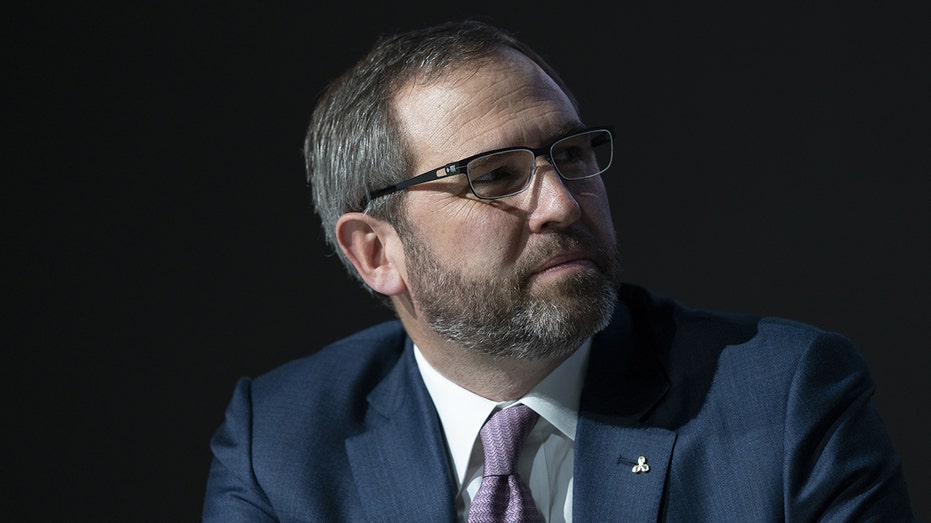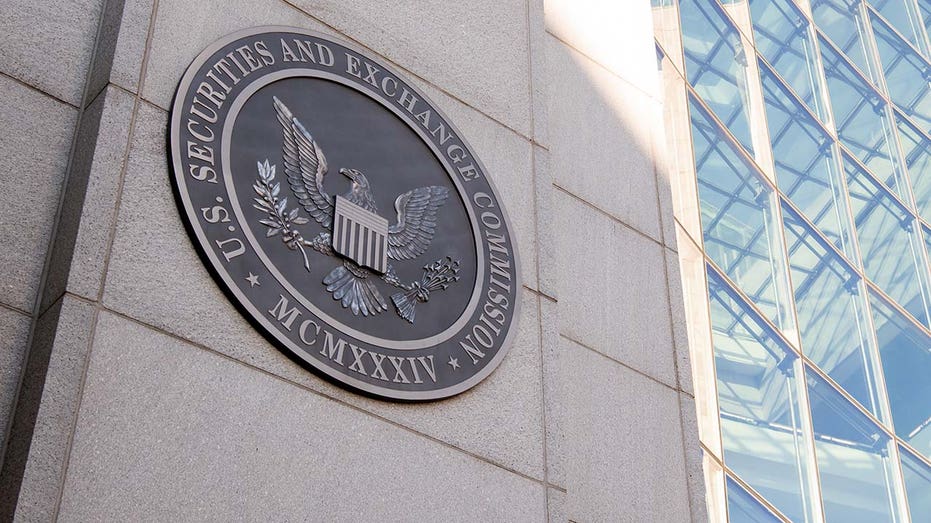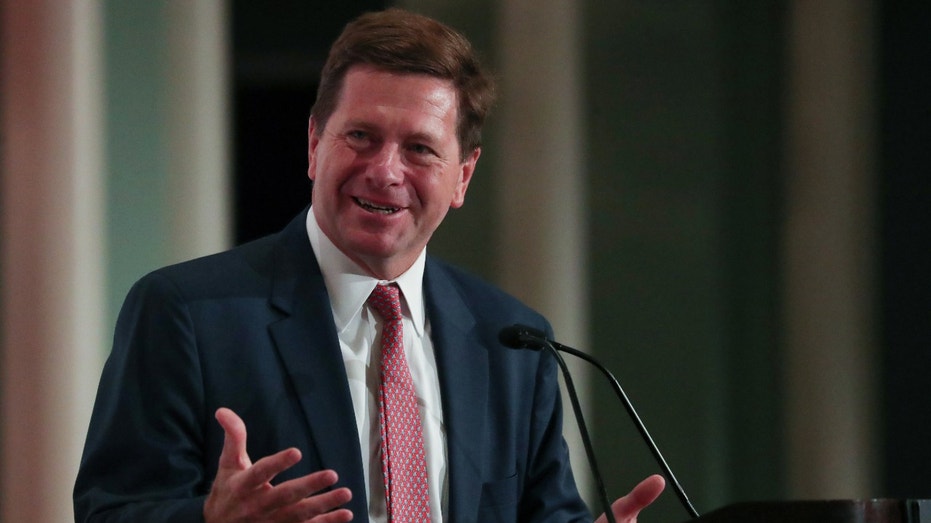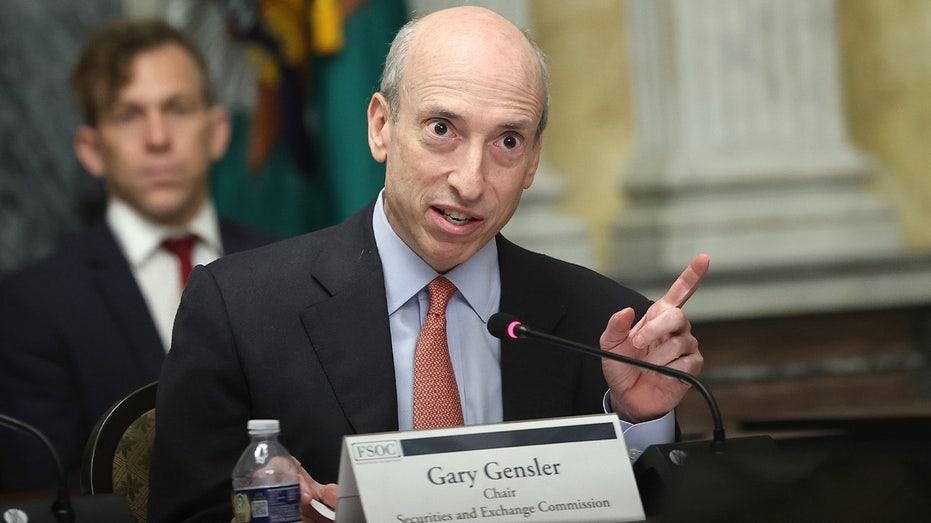The revolving door between the U.S. cryptocurrency industry and Wall Street’s top cop has been particularly active this year — a trend that one former SEC lawyer who now defends crypto clients in the private sector says is a good thing.
Ladan Stewart, spent eight years as an enforcement attorney at the Securities and Exchange Commission where she helped bring high-profile cases against major crypto companies like Coinbase and Ripple. Now a partner at prominent law firm White & Case, Stewart is helping defend the same types of clients she made a career litigating against while at the SEC.
“In general, there’s a lot of reporting about the revolving door between the SEC and the defense bar, and there’s a lot of negative connotations,” Stewart said. “I think it’s a really good thing because being on both sides allows you to really understand how to think the way they do.”
PENNSYLVANIA HOUSE PASSES BIPARTISAN BILL TO BRING REGULATORY CLARITY TO DIGITAL ASSETS
Stewart made the comments on stage last week at Crypto Investor Day, an event held by entrepreneur and investor Anthony Pompliano. The focus of her remarks centered on what she’s learned since making the switch to private practice, and it drew strident responses on social media regarding the government’s regulatory agenda and whether it’s appropriate for former SEC officials to cash-in on their government experience by representing companies they once regulated.
“The thing that was very striking coming over to this side was just how much anger there was on the industry side toward the SEC and this sort of like almost boogeyman figure of Gary Gensler,” she said, referring to the agency’s crypto-skeptic chairman.
Gensler has been heavily criticized by the crypto industry due to the three-year enforcement blitz he’s enacted on the sector since becoming chairman in 2021. Crypto execs like Ripple Labs CEO Brad Garlinghouse, whose company is battling the SEC in court, have described Gensler’s rule as a “reign of terror,” often complaining that their good faith attempts to engage with the agency often ends with them being sued anyway.

“I think, when you’re on the SEC side, and you’re dealing with people in an adversarial setting, you expect that to be what it is,” Stewart said. “But when you come to this side, and you realize that there are people who really want to find a way to work with regulators, and they feel like that’s just not possible given who is at the helm of the SEC, or generally the Biden administration, I think it gets in the way of any effort toward reaching some regulatory clarity, or anything that allows us to work towards building this industry.”
FOX Business was first to report Stewart’s comments via X. Her words were met with incredulity by lawyers who represent crypto firms that say they have been actively trying to engage with the SEC for years but have been rebuffed in their attempts to try and establish some regulatory clarity.
One of those lawyers is Paul Grewal, Coinbase’s chief legal officer, who is currently leading the firm through its litigation with the SEC and came face to face with Stewart in court when she was representing the SEC earlier this year.
“I am never at a loss for words. Until now,” he said, in reaction to Stewart’s realization that the industry wants to engage with regulators.
BITCOIN MINERS LAUNCH AD CAMPAIGN IN SWING STATES TO BOOST CRYPTO-FRIENDLY CANDIDATES
Katherine Minarik, chief legal officer at UniSwap Labs, which recently received a Wells notice from the SEC, also weighed in.
“I hope it doesn’t take leaving the SEC to realize that there are people who really want to find a way to work with regulators,” she said. “A lot of us have been saying exactly that for years to the SEC, to other regulators, to Congress, to anyone who will listen.”
Government employees moving into the private sector after a stint in government is nothing new, but it can become problematic especially when senior officials move into industries their enforcement agendas have specifically targeted.

The same is true on the other side when industry professionals move into government positions, as critics say this can result in favorable regulation for those industries.
At least three other high-profile attorneys, including former Enforcement Director Gurbir Grewal, left the agency to work for private law firms that represent crypto clients.
Grewal, who oversaw an aggressive enforcement agenda against the crypto industry under Gensler, left the agency this month to take a position at the New York offices of Milbank LLP as a litigation and arbitration attorney. Milbank is one of the law firms representing crypto exchange Binance in its lawsuit with the SEC, a case that Grewal himself brought as enforcement director.
BITNOMIAL SUES SEC OVER XRP FUTURES, CHALLENGES AGENCY’S CONTINUED CLAIM THAT XRP IS A SECURITY
Other industry crossovers include the SEC’s former head of Crypto Assets and Cyber Unit, David Hirsch, who left this summer to join law firm McGuire Woods, where he advises on crypto-related matters and cybersecurity regulations. Former acting chief of the same unit, Carolyn Welshhans, went to law firm Morgan Lewis this month, where she focuses on securities enforcement matters.
Jay Clayton, who served as SEC chairman under former President Donald Trump and brought around 50 enforcement actions against the crypto industry during his tenure, is now an adviser for crypto custody and security platform Fireblocks. He also serves as an adviser to crypto investment firm One River Digital Asset Management and speaks at various industry events.

Clayton’s former head of corporation finance, Bill Hinman, who gave the 2018 market-moving speech that said bitcoin and ether, the two largest digital assets by market cap, were “sufficiently decentralized” to not be considered securities, and therefore free of SEC purview. Hinman rejoined his former law firm Simpson Thacher & Bartlett as a senior advisor after exiting the SEC in 2020 and became a partner at the venture capital firm Andreessen Horowitz, where he advises on regulatory issues affecting crypto and fintech investments.
Since the departures of Clayton and Hinman, the SEC has ramped up efforts to bring the $2 trillion crypto industry into compliance. Under Gensler, the agency has brought more than 100 enforcement actions against industry players and beefed up its Crypto Assets and Cyber Unit to deal with the growing number of cases.
Stewart says she thinks the election will usher in a new era at the SEC regardless of who wins the White House — Donald Trump or Kamala Harris. Gensler, who is widely unpopular among both Democrats and Republicans, may be forced to resign his position at the agency, despite a term that extends through 2026.

“I think the change of administration, no matter what happens after November, that itself will be helpful to have someone new in place who can hopefully find a way to work with the industry,” she said. “The detrimental effect of [crypto’s] anger is, I think it really stops any kind of coordination, or any kind of getting anything done with the SEC as an industry.”
Read the full article here










